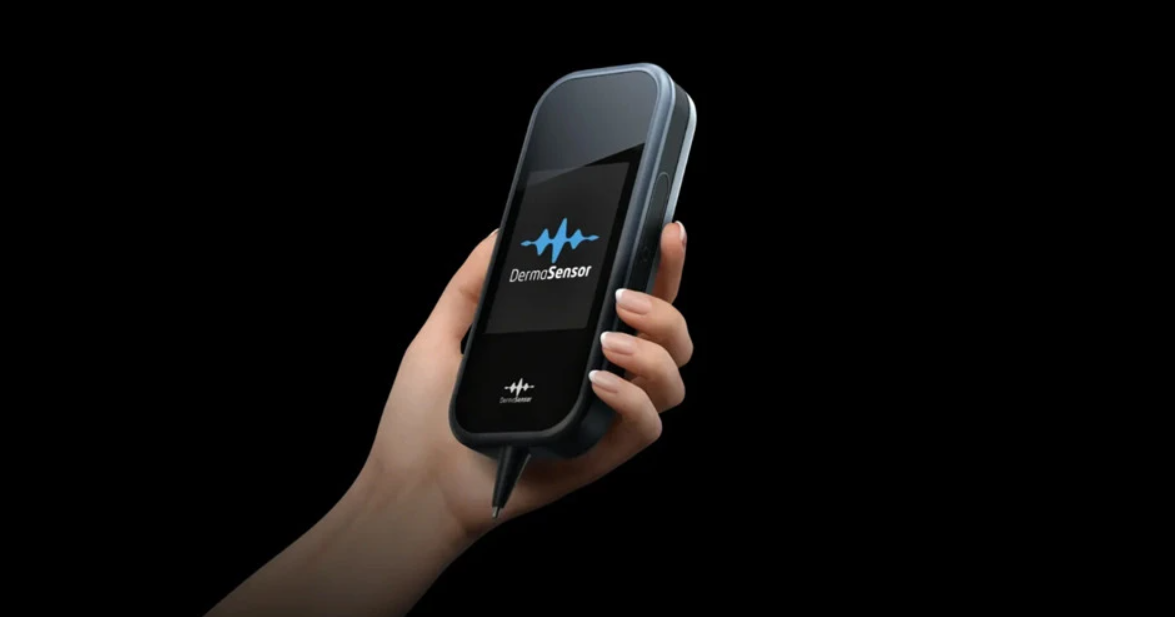
Scientists create AI-based device for diagnosing three most common types of cancer
American scientists have developed an artificial intelligence-based device for early diagnosis of the three most common types of cancer. The FDA has issued a permit for its use
This was reported by New Atlas.
The U.S. Food and Drug Administration (FDA) has cleared the first artificial intelligence-based portable medical device, DermaSensor, to help doctors detect all three common types of skin cancer: basal cell carcinoma (BCC), squamous cell carcinoma (SCC), and melanoma, the most dangerous form of skin cancer due to its propensity to spread.
The researchers noted that skin cancer is highly treatable in the early stages, so early diagnosis is crucial.
The DermaSensor handpiece utilizes elastic scattering spectroscopy (ESS), a process that evaluates how photons scatter when reflected from different cellular structures. Malignant tumors have different cellular and subcellular structures, so they scatter light differently than benign tumors.
DermaSensor’s built-in artificial intelligence uses these spectroscopic images to provide doctors with information to help them evaluate skin lesions, a process explained in the video below.
The FDA approval was based on clinical trials that evaluated the effectiveness of DermaSensor. In a study led by the Mayo Clinic at 22 centers in the United States and Australia, researchers tested the device on 1,005 patients who had an average of one or two skin lesions.
Before the biopsy, the general practitioners predicted which of them would be malignant. The DermaSensor had an overall sensitivity of 95.5% for detecting malignancies – 87.5% for melanoma, 97.8% for BCC, and 98.7% for SCC – compared to an overall sensitivity of 83.0% with PCP.
In an accompanying clinical study, 108 general practitioners evaluated 50 skin lesions (25 malignant and 25 benign) with and without the device. It was found that the DermaSensor device reduced the number of missed skin cancer cases from 18% to 9%. In addition, the number of doctors who reported high confidence in their assessments increased from 73.0% to 81.6% when they used the device.
Scientists from the EPFL research institute in Switzerland, led by neuroengineer Silvestro Mitser, have created a third robotic arm that is controlled by an iris.

